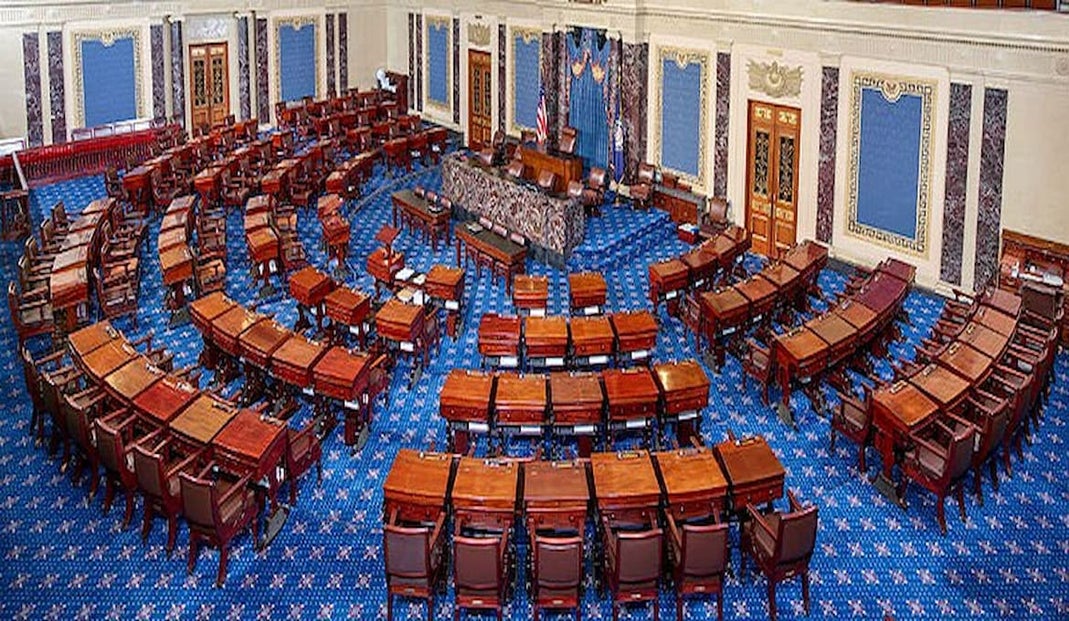SWC Authority to Enforce Fines is Limited
While the SWC has assessed the fines, there is no guarantee that the offshore sportsbooks will respond. BetOnline has already ignored a cease-and-desist letter from May, and the other four are knowingly violating state laws by offering illegal sports betting.
One reason the operators haven’t complied with state orders to leave is the lack of legal authority. Since these operators are based outside of the US, only the federal government has the authority to take legal action against them. That means states must appeal to the US Department of Justice for help, which can take time, assuming the department accepts the case.
How Far Will Offshore Operators Go?
With Tennessee’s ability to enforce the $50,000 fines being limited, many wonder how the five offshore sportsbooks will respond.
One possibility is that these operators decided to follow Bovada’s lead. The popular platform continued to operate until a fine was assessed. Only then did they exit the state, avoiding any actual penalties for overstaying their welcome. The five operators may have had a similar strategy when deciding to continue operations in Tennessee, meaning they will likely soon exit the market.
However, another possibility is that these operators no longer fear legal threats from states. They have been driven out of many US markets, meaning they don’t have much left to lose. If they do, it could end up being a pivotal moment in the battle between states and offshore operators.
Sweepstakes & Prediction Platforms Also Targeted
The SWC isn’t just focusing on pushing out offshore sportsbooks. The regulator has also targeted sweepstakes platforms and sports prediction markets. Both types of platforms offer a form of sports betting, but without being subjected to gambling regulations and taxes. As a result, they don’t generate any tax revenue for the state.
The SWC’s goal is to protect bettors, as well as the revenue generated from regulated sports betting. While eliminating all of these platforms will be challenging, the hope is that removing the majority will further boost the state’s thriving sports betting market.



































